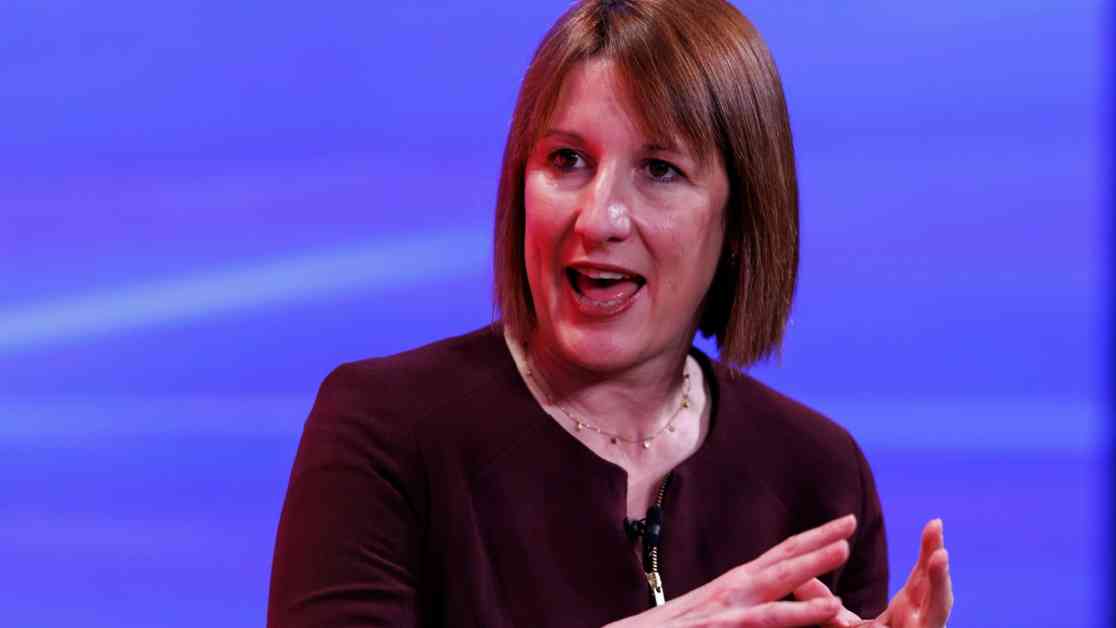Chancellor of the Exchequer, Rishi Sunak, is preparing to unveil plans for tax rises and spending cuts totaling £40 billion in the upcoming budget. This move comes as the government seeks ways to address the economic challenges brought about by the COVID-19 pandemic.
The proposed measures are expected to include increases in income tax, corporation tax, and capital gains tax, as well as reductions in public spending in various areas. The goal is to generate revenue to support the country’s economic recovery and reduce the budget deficit.
Sunak has faced pressure to find ways to balance the books after the government’s unprecedented levels of spending to support businesses and individuals during the pandemic. The Chancellor has indicated that tough decisions will need to be made to ensure the sustainability of public finances in the long term.
In addition to tax rises and spending cuts, Sunak is also expected to announce measures to stimulate economic growth, such as investment in infrastructure projects and support for job creation. The government is keen to kickstart the economy and create opportunities for businesses and workers as the country emerges from the pandemic.
The budget announcement will be closely watched by economists, businesses, and the public, as it will provide insights into the government’s economic strategy and plans for the future. Sunak will need to strike a delicate balance between raising revenue, supporting growth, and managing public expectations.
Overall, the budget is expected to set the tone for the government’s economic policy in the coming years and will be a key factor in shaping the UK’s recovery from the impact of the pandemic. Sunak’s proposals will be scrutinized and debated in the coming weeks as the country prepares for a post-pandemic future.






















